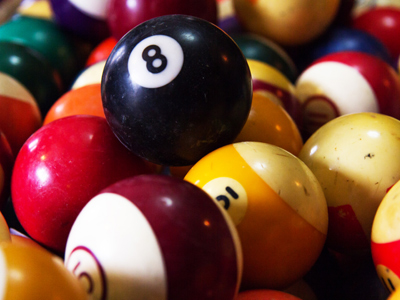
How many of the number '8' are there in this quiz?
Calculations - Divisibility Rules - Practicing
This Math quiz is called 'Calculations - Divisibility Rules - Practicing' and it has been written by teachers to help you if you are studying the subject at middle school. Playing educational quizzes is a fabulous way to learn if you are in the 6th, 7th or 8th grade - aged 11 to 14.
It costs only $12.50 per month to play this quiz and over 3,500 others that help you with your school work. You can subscribe on the page at Join Us
In an earlier quiz you learned that figuring out many division problems can be made easier when you know the basic divisibility rules. It took until you got to the 8th grade for anyone to spill the beans on that secret. With the divisibility rules - division, in many ways, seems a lot easier and even fun!
Ready for more?
not all...
quizzers. Try to win a coveted spot on our Hall of Fame Page.







